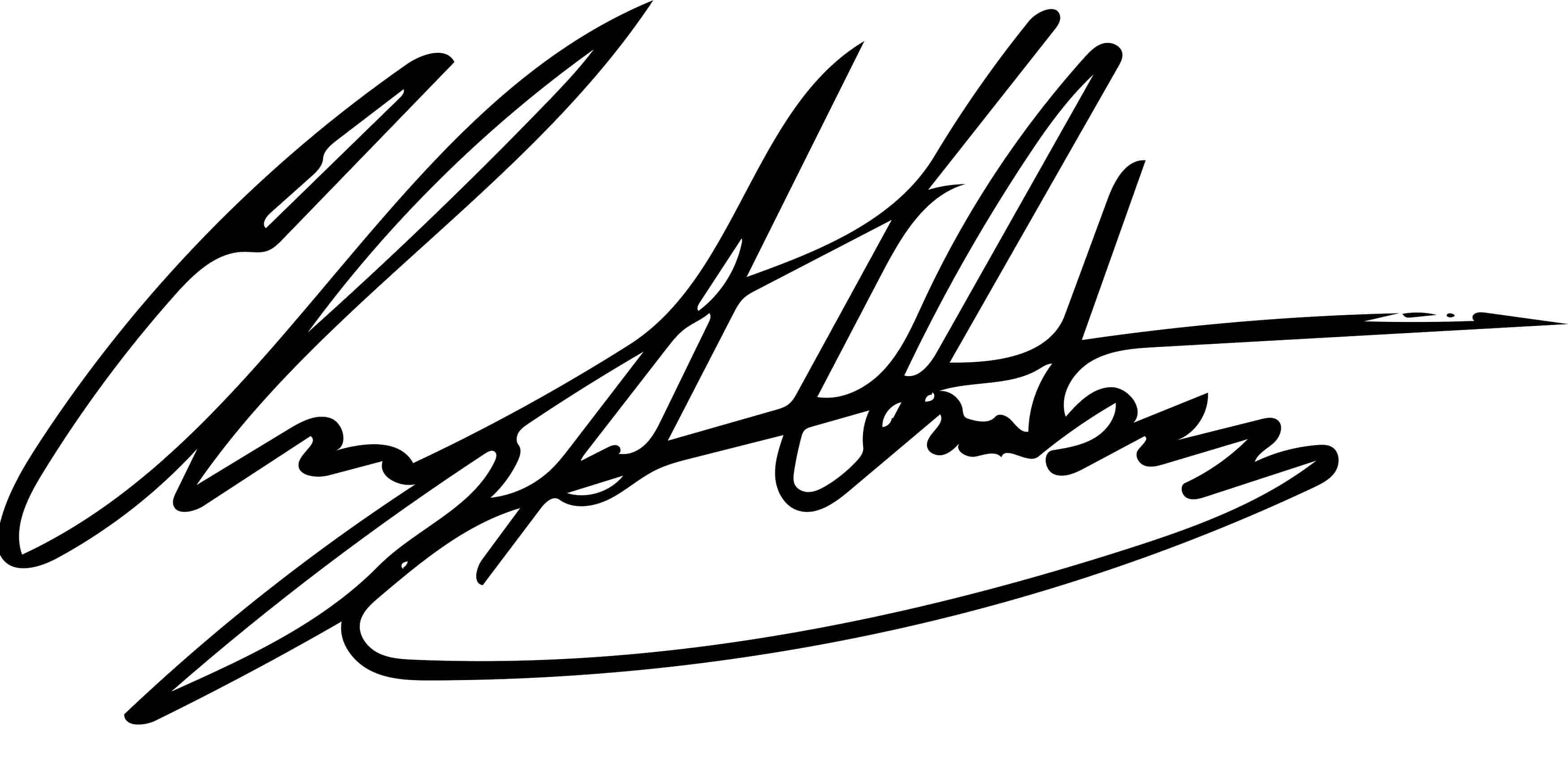As I sit at the airport in Kauai, watching the lush green mountains disappear behind the runway, I feel torn. We came to Hawaii as a family—my wife, our son, and I—for what was meant to be a peaceful beach escape. We needed a break, a moment to breathe. My wife is waiting on her U.S. citizenship and passport, which has taken far longer than expected, and we wanted to go somewhere beautiful while we waited. Hawaii seemed like the perfect place.
But as someone who’s spent years creating cultural tours and working with local communities across Latin America and the Caribbean, I quickly realized it’s hard—maybe impossible—for me to turn off that part of my brain. Even though I came here wanting to disconnect, to simply enjoy a beach, some sun, and family time, I found myself disturbed by what I saw.
Hawaii is breathtaking, especially the island of Kauai. The beaches are stunning, the mountains are majestic, and the natural beauty feels almost sacred. But so much of what surrounds that beauty feels deeply unsettling.
Over-tourism, unchecked development, the commodification of Hawaiian culture, and the steep cost of living for local people—it’s all right there, under the surface of paradise. I heard shuttle guides mention how land in Hawaii was once held collectively, before the Western concept of private ownership was imposed. Now, much of Kauai is essentially auctioned off to the highest bidder. Billionaires like Mark Zuckerberg reportedly own large portions of the island. Resorts and luxury vacation rentals continue to pop up in places where locals once lived freely.
Everywhere I looked, I saw the tension: food trucks with signs about labor shortages, locals overheard complaining about long commutes due to being priced out of their own neighborhoods, and service workers stretched thin while catering to the tourism machine. And underneath it all, a silent but steady erosion of language, history, and identity.
Hawaii became a U.S. state in 1959—the same year Cuba underwent its revolution. I couldn’t help but think about that historical parallel. One island pushing back against empire, and another absorbed into it, largely for strategic military and geopolitical purposes. Pearl Harbor, World War II, Cold War strategy—it all played a role. But now, decades later, the effects are felt most by the people who were here long before statehood.
As a tourist myself, I’m complicit. That’s the hard truth. But it’s also a reminder of why I’ve built my travel businesses the way I have. I don’t sell all-inclusive resort packages or cruise ship stopovers. I build cultural, music-based experiences that support local artists, families, and micro-economies. Not because I think tourism is inherently bad—but because I believe there’s a way to do it better.
This trip to Kauai reminded me of the responsibility we carry when we travel. We’re guests—often uninvited—in someone else’s home. And if we’re going to enjoy the view, the culture, the food, and the beauty, we also need to think about how our presence affects the people who live there.
I don’t know if I’ll come back to Hawaii. Not because I didn’t love it, but because I’m not sure I can ignore what I saw. I hope more people start thinking about how and where we travel. Because there is a way to enjoy beautiful places without destroying them. And I want to be part of that solution.
